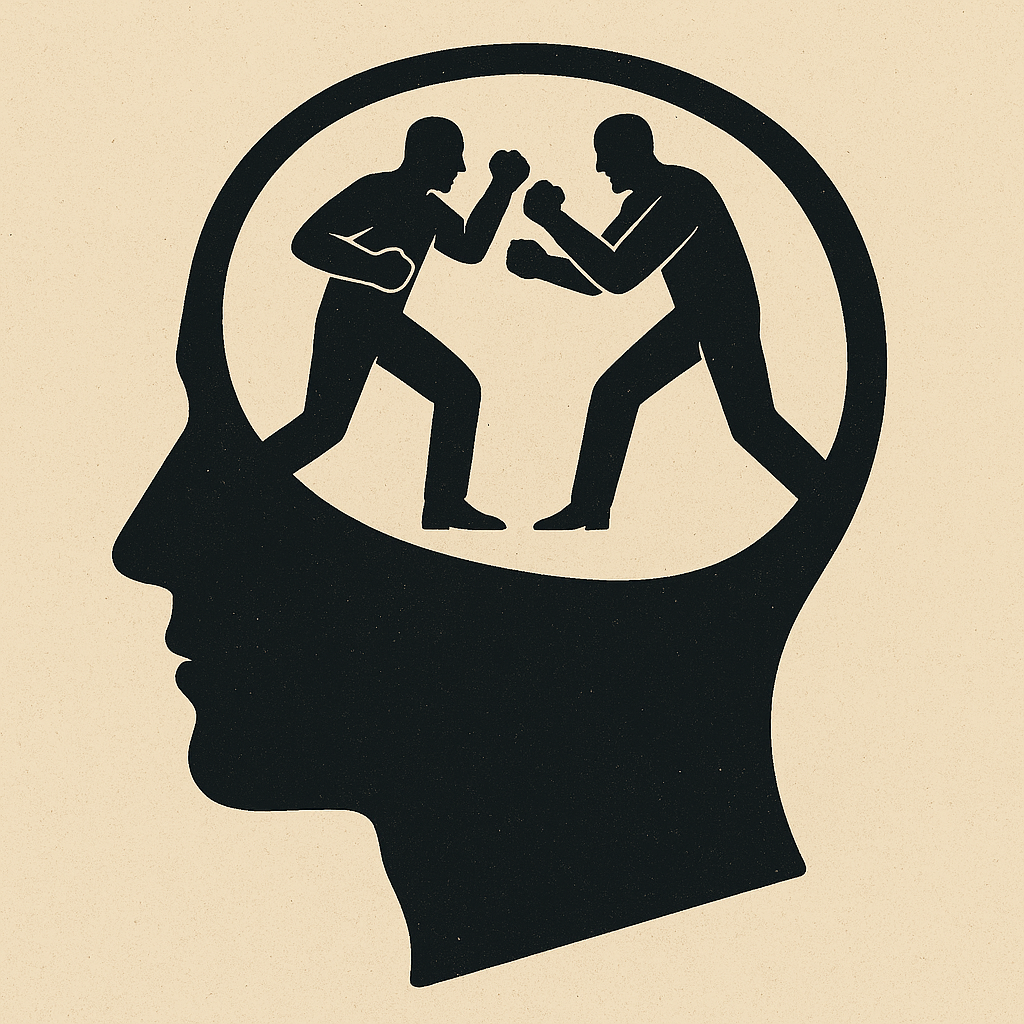
The Tyranny of Safe Space
Empathy: What was once a gift has become a moral demand. “Safe space” is no longer what we agree to before entering; it is assumed as the default mode of communication, and those who do not conform to its protocols are judged emotionally blind. What exactly is “safe space,” and why do we need it?
To understand it, we need to return briefly to Freud. In Civilization and Its Discontents, he argued that societal needs and individual needs are fundamentally at odds. Though the book is widely taught in college, few seem to grasp its central argument despite how simple it is.
Our society expects each of us to present a unified, cohesive front. Someone named John is expected to behave rationally and consistently. If John agrees to meet you for breakfast tomorrow, you expect him to show up. However, in reality, John is made up of contradicting forces and impulses within himself. He is hardly cohesive, but society demands that he somehow manage those contradictions and present a fictitious self that appears rational and consistent because, otherwise, chaos threatens. This is how civilization is built, on fiction.
During the pandemic, a New Yorker staff writer was caught masturbating on a Zoom call, thinking his camera was off. People were outraged by it, but I’m sure they, too, engage in irrational, animalistic behaviors in bedrooms while presenting civilized facades in public. Their outrage isn’t that he has sexual urges but that he failed to repress them. To meet the social demand perfectly, he would have to neuter himself to eliminate desire entirely. If we were to demand our society accept our individual needs perfectly, we should be free to masturbate everywhere or even rape anyone we want. This contradiction is not resolvable. There is no solution. Yet, we act as if there is one.
“Safe space” is a group conversation where everyone is expected to suspend rational expectations. Participants can express their needs and feelings, however irrational they may be, without fearing judgment. What is problematic about this suspension is that it assumes the contradictions to be ethically wrong. If they understood Freud’s argument, no suspension would be needed because contradictions would be accepted as inescapable.
“I agreed to meet John for breakfast, but when I woke up that morning, I didn’t feel like stepping out, so I didn’t.”
A participant could then point out how irresponsible it is, but nobody would see it as judgment because they understand that individual needs and societal needs are ultimately irreconcilable. The conversation can then shift towards what we could do to find a compromise.
This cannot happen in a safe space because the objective is to be supportive of the speaker’s feelings, no matter how irrational or irresponsible they might be. But think about it: Why do they need to ignore societal demands? Because they do not want to feel judged. But judged by whom, and for what? It is they themselves who believe these contradictions are wrong. It is precisely because of this that they need to be suspended. That is, they need to suspend their own judgment because they hold that judgment. Otherwise, they would have no need to suspend it; they could openly talk about it without feeling judged. In other words, when they condemn others as emotionally blind, they are projecting their own suppressed judgment, which is why these seemingly gentle creatures suddenly turn fierce.
Because it is only a temporary suspension, as soon as they leave the safe space, they begin criticizing themselves and others for having contradictions. It’s like a Wall Street banker meditating for an hour, only to return to maximizing profits at others’ expense. Safe space, like meditation, can become addictive because it does not confront the fundamental problem. In this sense, we could say that a safe space is where they are safe from their own judgment because others force them to stop judging themselves.
Our society’s expectations around safe space have grown to the point where mutual infantilization is now an ethical imperative. It’s not about sensitivity but about compliance. Disagreement, discomfort, or critique are recast as violence. Not surprising because this tyranny is within themselves. Because they’ve never accepted the inescapable tension between civilization and individuals, when outside of a safe space, they turn into authoritarian enforcers of societal demands. They drag others into their self-incrimination by projecting their own judgmental selves onto others.
I have to restate it: the contradictions between the needs of civilization and individuals cannot be resolved. Not even viral social media campaigns or empathy can resolve them. All that we can achieve is a compromise. Yet our society today is hell-bent on resolving them, silencing those willing to compromise. Like teenagers incapable of handling feelings of ambivalence, they switch between tyranny and sentimentality. Ironically and tragically, it is they, not the ones willing to compromise, who will endure the greatest suffering.
Subscribe
I will email you when I post a new article.


